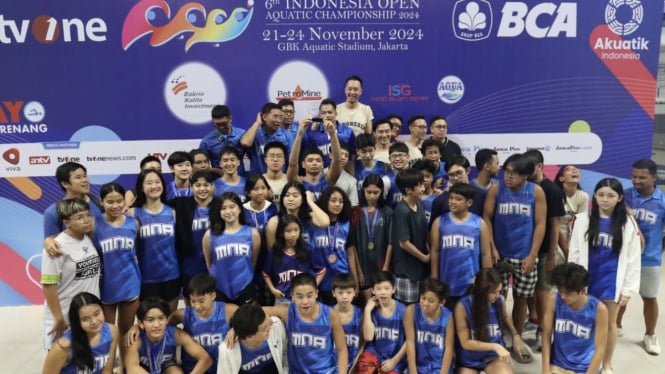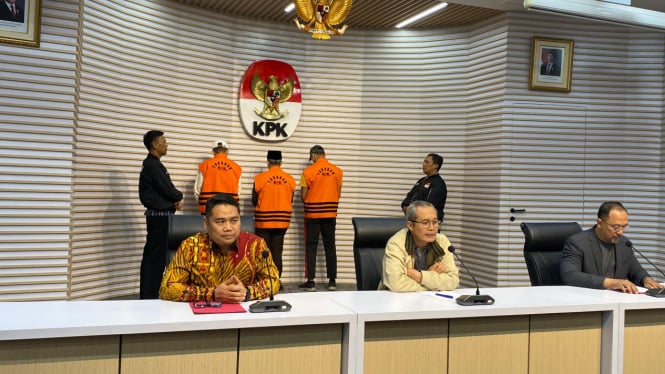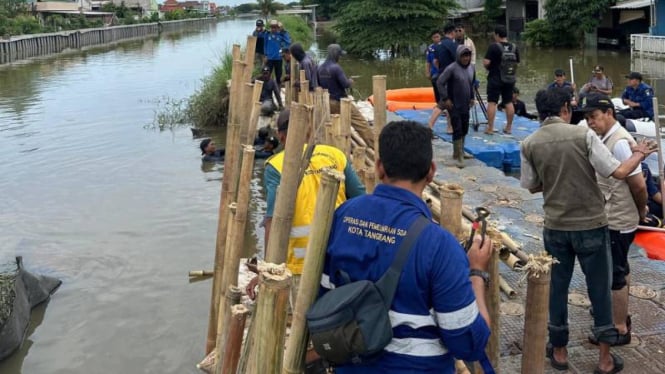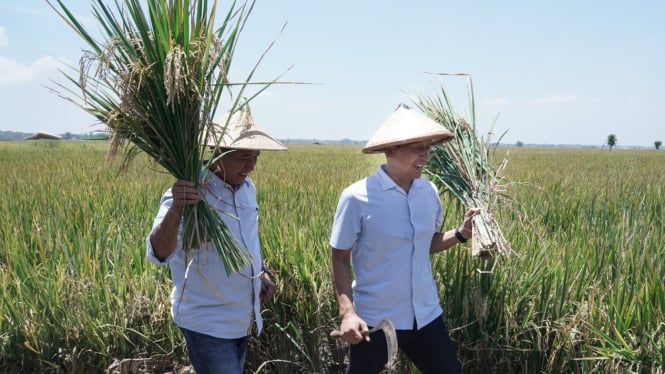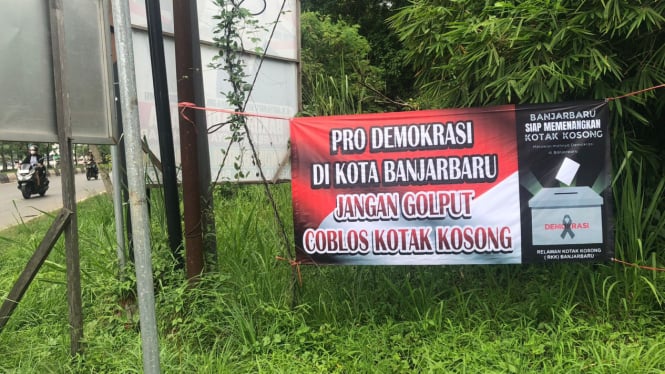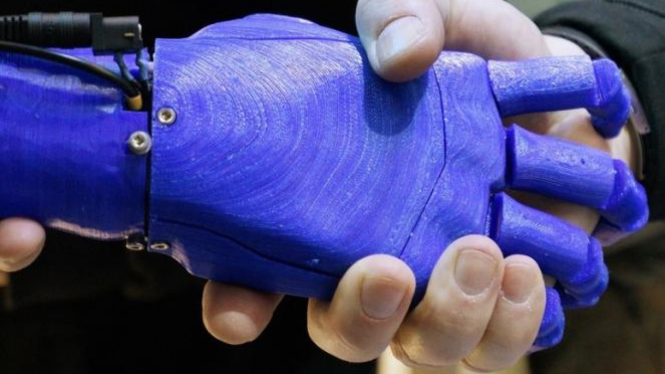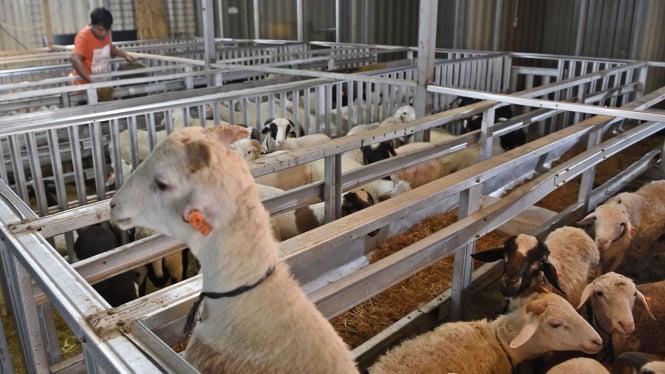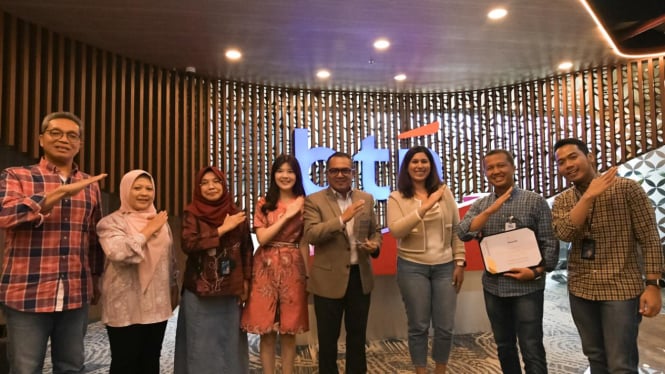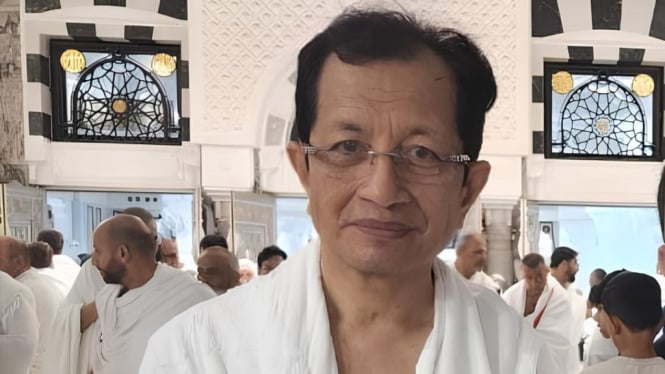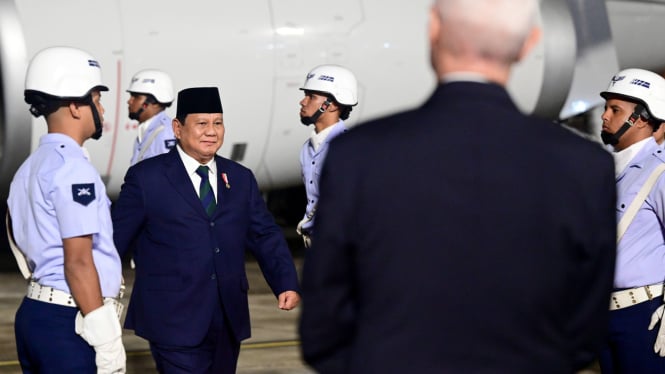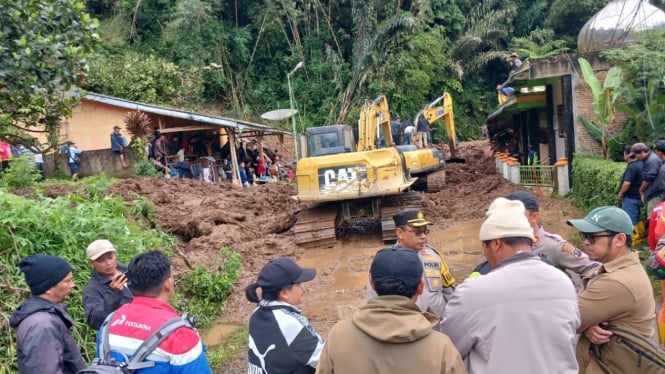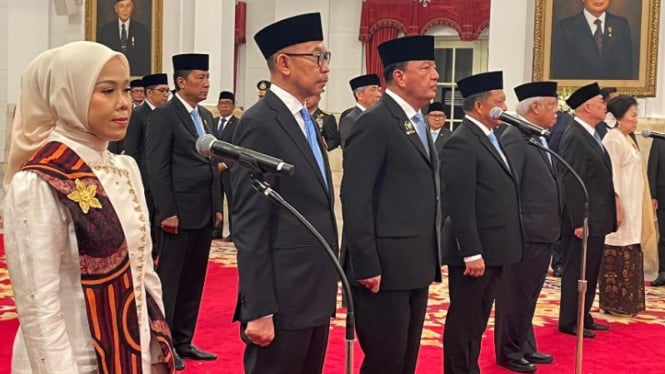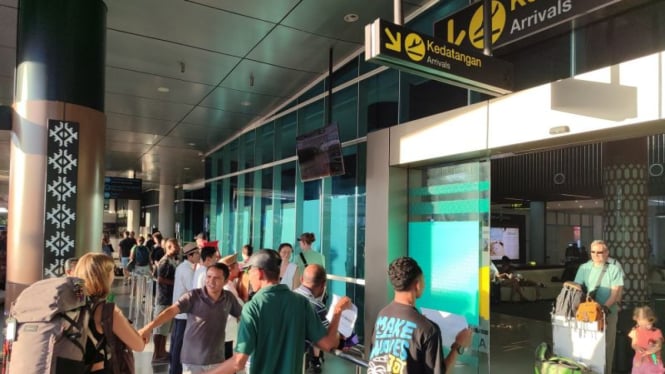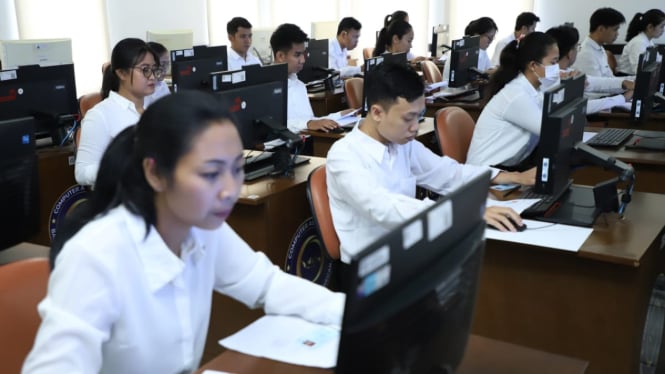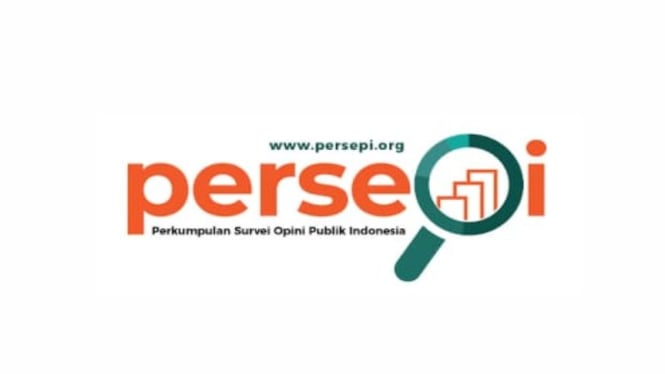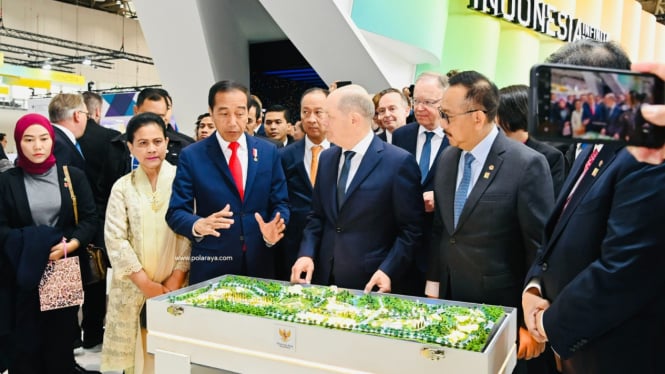Jakarta, VIVA – The Head of the Poverty Eradication Acceleration Agency (BP Taskin), Budiman Sudjatmiko, announced that the government will soon establish a unified database to expedite poverty alleviation efforts in Indonesia.
This initiative will be implemented in collaboration with several ministries and agencies, including the Ministry of Social Affairs (Kemensos), the Central Statistics Agency (BPS), and the National Development Planning Agency (Bappenas).
“We will quickly create a unified database to ensure there are no overlaps in data regarding the poor and vulnerable groups,” Budiman stated during the Indonesia Human Capital and Beyond Summit at Jiexpo Kemayoran, Jakarta, on Friday, November 15, 2024.
According to Budiman, integrating data is crucial to ensuring that aid programs reach the right targets without duplication. This step also aims to synchronize various poverty eradication initiatives currently spread across 16 ministries and agencies.
Ilustrasi warga miskin tinggal di kawasan kumuh di perkotaan.
Photo :
- ANTARA FOTO/Aprillio Akbar
BP Taskin, under Budiman's leadership, will serve as both a supervisory and coordinating body, following the directives of President Prabowo Subianto as outlined in Presidential Regulation No. 193 of 2024.
“We will align the action plans based on the master plan we are developing, while ensuring data integration managed by BPS and Bappenas,” Budiman explained.
Budiman emphasized that poverty is closely linked to human resource development (HRD). He highlighted issues related to nutrition, education, and access to healthcare as critical factors that need to be addressed. “Poverty causes many families to struggle in providing nutritious food and adequate educational opportunities,” he noted.
In line with these efforts, BP Taskin plans to roll out several initiatives, including free nutritious meal programs and the development of human resources through overseas scholarships and the establishment of STEM-focused schools.
“We aim to cultivate excellent human resources in pursuit of Indonesia’s Golden Vision for 2045,” Budiman affirmed.
While extreme poverty has been reduced to 0.8 percent, Budiman underscored the importance of anticipating the emergence of new vulnerable groups, especially as a lingering effect of the pandemic. “We are working to ensure that no citizen is left behind in accessing education and healthcare,” he concluded.
Halaman Selanjutnya
Budiman emphasized that poverty is closely linked to human resource development (HRD). He highlighted issues related to nutrition, education, and access to healthcare as critical factors that need to be addressed. “Poverty causes many families to struggle in providing nutritious food and adequate educational opportunities,” he noted.

 1 week ago
9
1 week ago
9
